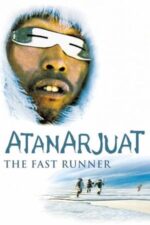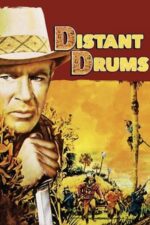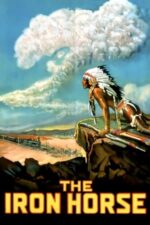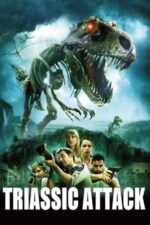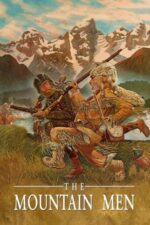Beyond Stereotypes: Exploring Native American Representation in Film
Hey everyone! Let’s talk about something really important – how Native Americans are portrayed on screen. It's a topic ripe for discussion, because frankly, Hollywood hasn't always gotten it right. For decades, we’ve seen caricatures and tropes that do a massive disservice to the incredible diversity and richness of Indigenous cultures. But thankfully, things are changing, and there's a fascinating evolution happening in how these stories are told – and who is telling them.
Think back for a moment. How often did you see Native characters reduced to stoic figures of the wilderness, mystical shamans, or savage antagonists? It was pervasive! And it reinforced harmful stereotypes that have real-world consequences. I remember watching Dances with Wolves as a kid and being captivated by its sweeping landscapes and Kevin Costner’s performance, but even then, recognizing the problematic nature of a white savior narrative felt…off.
What's exciting now is seeing films actively challenging those outdated representations. Take Deer Camp ‘86, for example. It uses horror tropes to explore anxieties about outsiders intruding on sacred spaces – a clever way to subvert expectations and hint at deeper cultural significance without resorting to tired clichés. It’s not explicitly “about” Native American culture, but it taps into that sense of place and the potential consequences of disrespecting it.
Then you have films like Ways of Knowing: A Navajo Nuclear History, which tackles a profoundly important issue – the legacy of nuclear testing on Navajo land. This isn't just about historical accuracy; it’s about giving voice to a community whose experiences have been systematically erased and marginalized. It’s powerful, heartbreaking, and essential viewing.
And it’s not all heavy stuff! Fish Hawk offers a gentler, more heartwarming perspective, focusing on redemption and the power of human connection across cultural divides. While perhaps less overtly political than some other examples, its portrayal of Native American family dynamics feels authentic and avoids easy stereotypes.
Even films like Rana: The Legend of Shadow Lake, with its monster movie premise, can be seen as a way to reclaim narratives – to tell stories from an Indigenous perspective, even if it’s through the lens of folklore and legend. Grayeagle similarly uses the Western genre to explore complex relationships between settlers and Cheyenne warriors, moving beyond simplistic notions of “good guys” and “bad guys.” And Wild Indian, with its focus on a man grappling with guilt and trauma connected to his past, offers a nuanced portrait of intergenerational pain within a Native American community.
Ultimately, the films I’ve mentioned – and so many others emerging now – are pushing for greater authenticity and agency in how Native American stories are told. It's about moving beyond representation for Indigenous people and towards representation by them. It’s a journey, absolutely, but it’s one worth watching unfold.
What films have you seen that portray Native American experiences thoughtfully? I’d love to hear your thoughts!





















